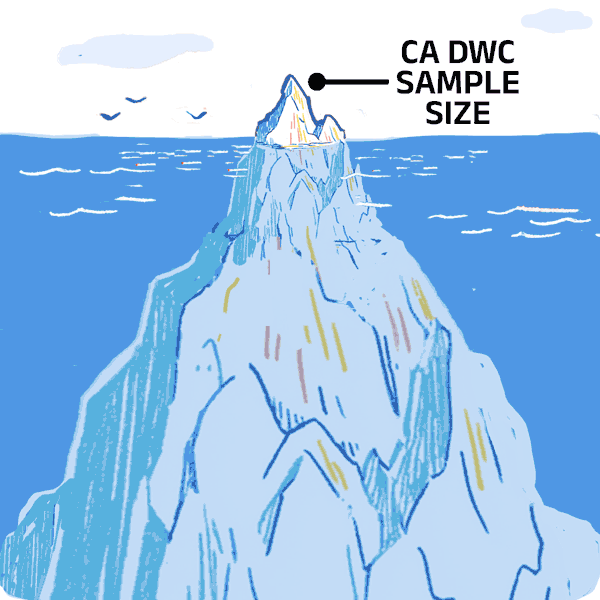FYI: $10k of Treatment Authorized Before Claim is Accepted or Denied

When an employee files a workers’ compensation claim, the employer or insurer is immediately liable for the cost of all medically necessary treatment provided before the claim is accepted or denied. In other words, even if the employer or insurer ultimately denies a claim, treatment provided up to $10,000 is authorized before the claims administrator issues that denial.
This important rule guarantees that liability for medically necessary treatment is never in question while an employer or insurer considers a claim — whether the claim is accepted or not.
Labor Code §5402: Treatment Preceding Acceptance/Denial of Claim
Per California Code of Regulations (CCR) Section 9812, within 14 days from receipt of a new claim, the employer or insurer’s claims administrator must decide to:
- Accept liability
- Deny liability
- Delay the liability decision for up to 90 days pending further investigation
Until the claims administrator makes the decision to accept or deny liability, the employer or insurer are on the hook for treatment that conforms to the Medical Treatment Utilization Schedule (MTUS), within the $10,000 limit set by Labor Code Section 5402(c):
Within one working day after an employee files a claim form under Section 5401, the employer shall authorize the provision of all treatment, consistent with Section 5307.27, for the alleged injury and shall continue to provide the treatment until the date that liability for the claim is accepted or rejected. Until the date the claim is accepted or rejected, liability for medical treatment shall be limited to ten thousand dollars ($10,000).
Note the term “alleged.” The payment for all treatment applies regardless of ultimate liability for the injury in question. In fact, §5402(d) clarifies that §5402(c) “shall not give rise to a presumption of liability,” making it clear that no matter the liability decision, the employer/ insurer must pay for all necessary treatment until the decision is reached.
Labor Code §5402(c) in Practice
Providers must still submit a compliant Request for Authorization, subject to utilization review, for all medically necessary treatment that precedes the liability decision.
-
If the claims administrator accepts liability for the injury, payment for all authorized treatment is due. The $10,000 limit does not apply since liability is accepted.
-
If the claims administrator denies liability for the injury, the employer/insurer must still accept financial liability for any treatment that preceded the denial decision.
- If the claims administrator chooses to delay the liability decision, for the entirety of the delay, providers may treat the injured worker, and the employer/insurer is responsible to pay within the $10,000 cap.* The delay option gives the claims administrator time to investigate, but also broadens the window of mandated financial liability for any pre-decision treatment.
Bottom line: Regardless of ultimate liability for the injury, reimbursement is due for medical treatment provided until the claims administrator reaches their liability decision. For employers and insurers, it’s simply the cost of doing business.
*If after 90 days no decision is issued, liability for the injury is presumed. If the claims administrator presents new evidence that was unavailable during the 90-day delay that supports denial of the claim to the Workers’ Compensation Appeals Board, the Board may reverse said presumption.
Workers’ compensation authorization, billing, and appeals can be so much easier. With daisyBill’s Billing Software, what used to take forever is just a few clicks away. Sign up for a free demonstration, and see just how much better workers’ comp can be.
REQUEST DEMO
DaisyBill provides content as an insightful service to its readers and clients. It does not offer legal advice and cannot guarantee the accuracy or suitability of its content for a particular purpose.




